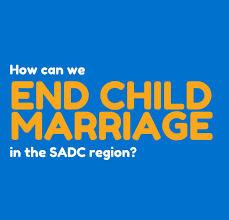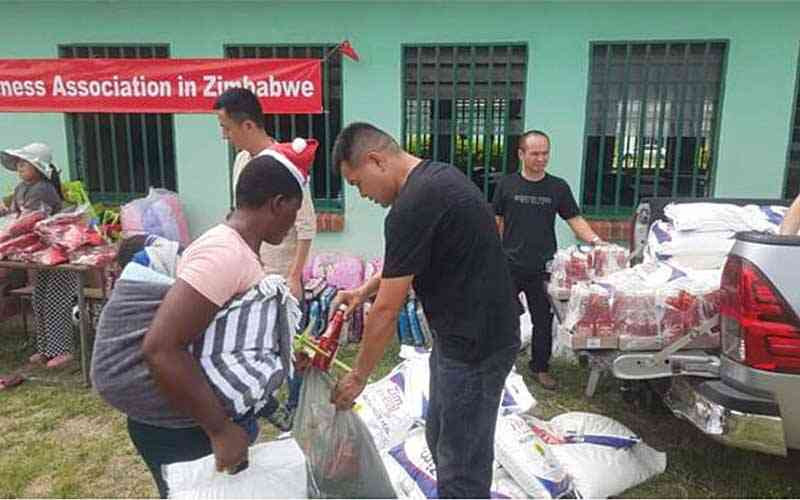
THE SADC Parliamentary Forum (SADC) and its partners have convened a workshop aimed at enhancing the monitoring and evaluation framework for the SADC Model Law on Eradicating Child Marriage and Protecting Children Already in Marriage.
The workshop kicked off in Johannesburg, South Africa, on Tuesday.
Other stakeholders involved in running the workshop include the United Nations Population Fund (UNFPA), Plan International, Hivos, Girls Not Brides and United Nations International Children’s Emergency Fund (UNICEF).
Participants were drawn from the Regional Parliamentary Model Laws Oversight Committee (RPMLOC) of the SADC PF, and technical partners.
The workshop follows the recent launch of the SADC PF’s Strategic Plan (2024-2028), which seeks, inter alia, to promote robust democracy, human rights, and socio-economic prosperity across the region.
The SADC PF - in collaboration with national parliaments in the SADC region – is implementing a sexual and reproductive health rights (SRHR), HIV and AIDS governance project.
The project, funded by Sweden, seeks to enhance parliamentary leadership on SRHR issues, particularly concerns surrounding child marriage and sexual and gender-based violence.
The goal of the workshop is to collect and consolidate insights from parliamentarians regarding the most effective monitoring and evaluation (M&E) tools to track the domestication of the SADC Model Law on Eradicating Child Marriage and Protecting Children Already in Marriage.
- Little hope for Zim, Africa
- African leaders dying overseas expose cruel deception of independence
- Sadc must intervene on Zim crisis: SA
- Sadc meets over water, energy and food security
Keep Reading
The SADC PF has identified a gap in the consistent monitoring of its model laws. The workshop will facilitate interactive sessions where experts will share best practices and gather essential inputs from participants as efforts to eradicate child marriage in the region intensify.
SADC PF secretary -general Boemo Sekgoma officially opened the workshop and underscored the importance of monitoring and evaluation (M&E) in assessing the impact of policies on children’s rights.
“Today, we march to draw one step closer towards domestication as we work on the elaboration of an evaluative framework for our Model Law,” she said.
She added, “Without M&E, the theory of change and real impact of initiatives cannot be evaluated.”
Sekgoma said the SADC Model Law on Eradicating Child Marriage and Protecting Children Already in Marriage remained critical instrument in combatting child marriages within the region, eight years after its adoption in 2016.
She, however, noted that progress in domestication had been inconsistent among member states.
“Some countries are still very far from adopting the relevant legal norms, while others are closer to implementing them,” she noted and said that at least five SADC countries were still allowing child marriages to persist alongside other harmful practices.
“The SADC Model Law on Child Marriages is thus very germane to policymaking as we aim to achieve the Sustainable Development Goals,” she added.
She explained that the Regional Parliamentary Model Laws Oversight Committee (RPMLOC) had adopted a structured approach to monitor progress to facilitate better domestication.
“We found that a more empirical exercise should be conducted to map out the weaknesses in domestication so that countries may find cures tailored to their national contexts,” she said.
She noted that during the initial adoption of the Model Law, “there was huge contestation based on costs and expert roles,” which led to the monitoring and evaluation framework being put aside.
Sekgoma urged participants to engage actively with presenters during the workshop.
“In the end, we envision an M&E tool which is user-friendly, dynamic, comprehensive, and intelligible. Together, we can develop a framework that will not be confined to drawers but will drive progressive domestication,” she stated.











